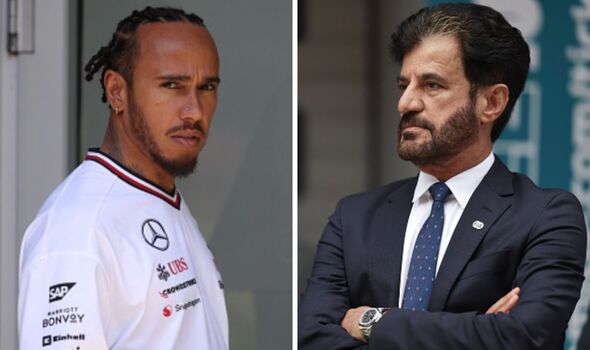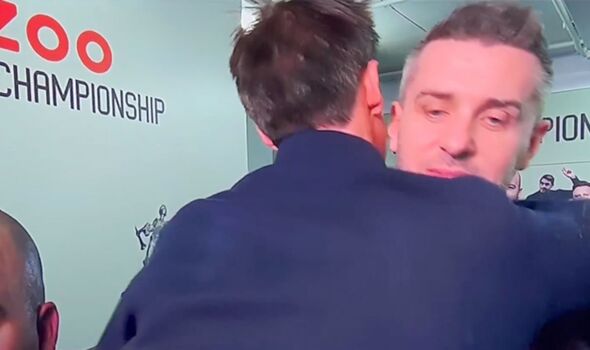
Europe’s move to transnational politics
May 15, 2014
Jean-Luc Dehaene, giant of Belgian politics, dies
May 16, 2014
PARIS (Reuters) – Betting fraud, not match fixing, should be the main target for those fighting for cleaner sport and there must be a global crusade against that South East Asia-dominated threat, according to a leading expert.
Commenting on an International Centre for Sport Security (ICSS) report that says criminals are using sports betting to launder $140 billion per year, Sport Integrity director Chris Eaton said the target has to change.
“We have been focusing at least for the last five years on match fixing but we need to shift the focus on the cause which is betting fraud and the fact is almost all betting markets are opaque, not necessarily illegal but they’re not properly regulated,” Eaton told Reuters.
“Because it happens in secret it’s easy for criminals to manipulate sport betting.
“Match fixing is a facilitating crime for sport betting, not the reverse, so the important causing crime here is betting fraud,” said Eaton in an interview at the Sorbonne University where a Sport Integrity Forum was being held on Thursday.
On Thursday, Britain’s Daily Telegraph reported anti-corruption forces were investigating evidence of widespread fixing in the world of cricket including domestic English matches.
Soccer and cricket were identified by the ICSS report as the sports most hit by betting fraud.
ASIAN FOCUS
“Cricket is the second most targeted sport by organized crime without a doubt,” said Eaton.
“The Indian betting market is even more opaque than the Chinese market, it operates in a wholly different way than the Chinese betting market.”
Sports betting in India is confined to horse racing and gambling is legal in only a couple of states.
Despite that the country is home to a huge illegal betting market, prompting demands there for legalization.
“My point is that by attacking the effect of betting fraud, match fixing, you are only papering over the problem,” Eaton explained.
“You’re forcing the match fixers up and down the leagues but they’re not moving away from betting fraud. We must attack the real lifeblood which is cash and the cash comes from betting fraud.”
According to the report, 53 percent of illegal betting comes from Asia.
“Because there is a propensity, a cultural affection for gambling, and there is nothing wrong with that,” said Eaton.
“The Chinese culture is replete with a belief in luck and this translates sometimes into a love of gambling and betting.
“As China has become a very wealthy country and liquidity has raised enormously, money in the pockets of gamblers in China has increased exponentially therefore accordingly and the global betting trend has gone increasingly to South East Asia in terms of liquidity.”
GOOD LEAD
While China has started to tackle the problem, other countries in Asia have yet to fight betting fraud.
“China, India, United States, France have a very good lead in this but this is not matched by the Philippines, not matched in other parts of South East Asia, Vietnam, Cambodia, Laos, Thailand, where there is massive betting but all … underground.”
Betting fraud also infiltrates the European and South American markets because “the matches that are being fixed are mostly in Europe or Central America, South America because they are the ones that are the most gambled on,” according to Eaton.
“Asian people generally speaking don’t trust their own sports any more so they gamble on other sports they think are honest.
“This has moved the match fixers into the wider international arena which has caused the proliferation of the problem, the gambling fraud is still committed in South East Asia but the match fixers who are betting fraud guys have moved internationally.”
Hence the need for international cooperation between governments, not only sports federations who do not have the power to fight against organized crime.
“There are massive betting companies in South Asia, in the Philippines, we don’t even know who owns them,” Eaton said.
“Governments have a responsibility. Sport cannot clean itself because there is no regulatory body for sport betting, only governments can do that.”
The fight has to be global because “sport betting is global, sport is global, organized crime is global,” Eaton added.
“The only people who are not fighting globally are the governments in the world, they’re doing it at a national level and they cannot win this at a national level.”
(Editing by Tony Jimenez)



